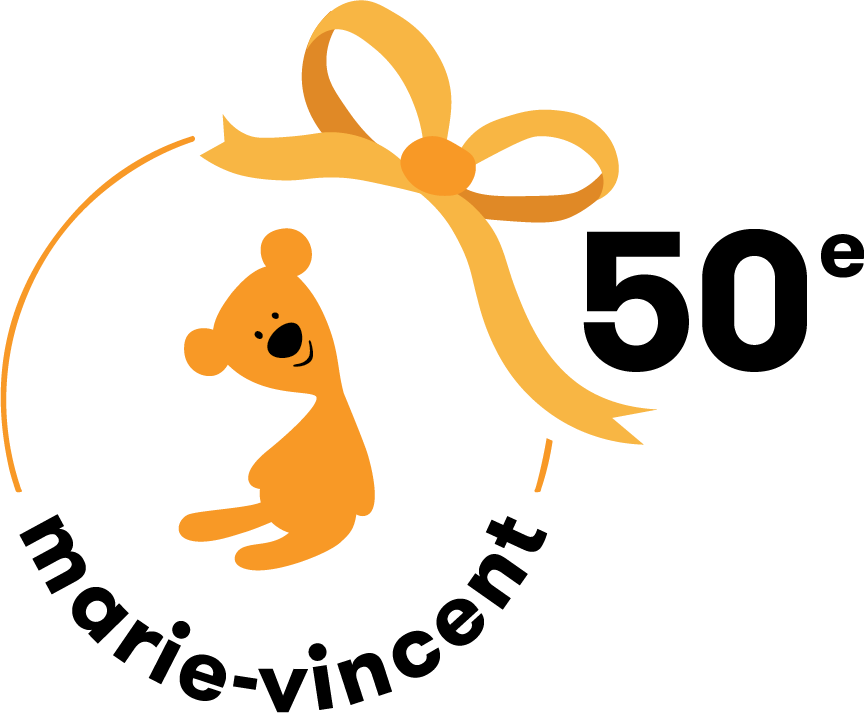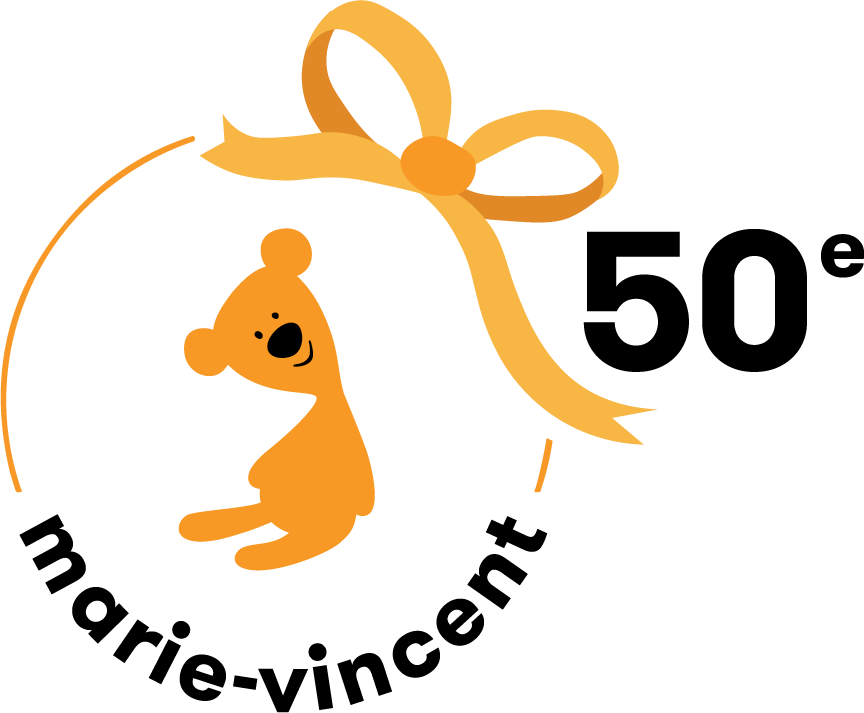Marie-Vincent has partnered with the École nationale de police du Québec (ÉNPQ) for several years now, particularly with respect to the “Non-suggestive investigative interview using the revised NICHD guide” training. This training is offered to investigators and to professionals working for the Director of Youth Protection (DYP).
What is the NICHD Guide?
The NICHD (National Institute of Child Health and Human Development) Protocol is a non-suggestive investigative interview guide developed in the United States by Michael Lamb and his colleagues. It was translated in French and adapted for Québec by researcher Mireille Cyr, a co-chairholder of the Marie-Vincent Interuniversity Research Chair in Child Sexual Abuse.
Non-suggestive interviews are conducted within investigative interviews with children who are suspected victims of sexual violence. They are also used when meeting with a child who is a victim of physical violence or a witness to a crime.
Non-suggestive interview: tangible impacts
|
The goal of this training is to learn about suggestibility, children’s memory and their developmental capacities, the interviewer’s communication skills, the theory and structure of the NICHD interview guide as well as the impact its use has when conducting investigative interviews.
Above all, the guide allows to gather a set of details about the event in a non-suggestive manner which will ultimately assist the ensuing judicial process. It is actually required in multisectoral agreements and requested for hearings involving a minor.
In fact, suggestive questions are likely to indicate to the child the desired response or even cast doubt on their answer, for instance. As such, it would be preferable to avoid any questions such as: “Do you think that he wanted to hurt you?” and “He probably told you that it was normal?”. It would be best to opt for open-ended questions like “Tell me everything that happened.”
By offering this training to our partners, we are doing our part to help support more young victims of sexual violence, together!
To learn more (French only):
https://martinehebert.uqam.ca/wp-content/uploads/sites/145/EVISSA-P-2.-NICHD.pdf
Cyr, M. (2019), Recueillir la parole de l’enfant témoin ou victime : de la théorie à la pratique. Dunod https://www.cairn.info/recueillir-la-parole-de-l-enfant-temoin-ou-victime–9782100794669.htm





